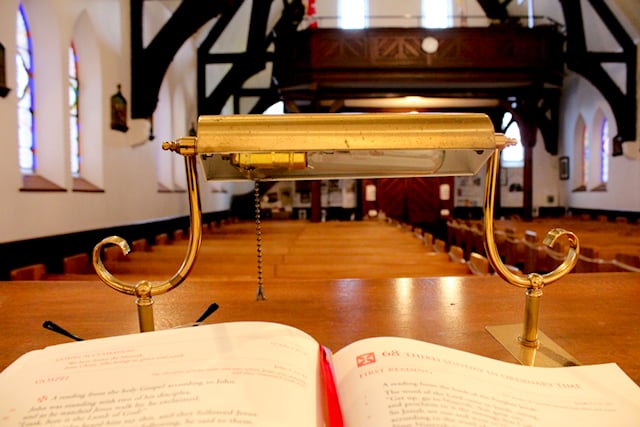St. Cornelius Mission, Caledon
- Strona główna
- Sacraments at St. Cornelius
-
Nasza wspólnota
- Our History
- Our Schedule
- Donate
- St. Cornelius Cemetery, Silvercreek
- St. Cornelius Cemetery Monument Gallery
- Archdiocese of Toronto
- Catholic Cemeteries
- Wolontariat
- Dostępność
- Polityka bezpiecznego środowiska
- Nasza wiara
- Życie parafialne
- Easter 2026
- Biuletyn
- Wyszukaj

About the history of the Roman Catholic Church - pt 8 - An Era of Challenge
Przesłane : Apr-12-2021
From the 17th through the 19th centuries, a new spiritual energy resulted from reform. This energy sustained the Church in a rapidly changing world.
Pervasive changes brought about continuing challenges. For example:
- Doctrine disputes within the Church contributed to religious skepticism.
- Social changes, due to technical advances, growing secularism and new humanistic philosophies. These changes were offshoots of the Age of Enlightenment, the French Revolution and the Industrial Revolution.
The Church met new needs by re-emphasizing traditional values. For example:
- Missions expanded worldwide, to include Africa, Asia and the newly discovered lands of North and South America.
- New religious orders were formed and old ones were revived to teach, evangelize and care for the sick.
- The 1st Vatican Council (1870) proclaimed the infallibility and primacy of the Pope. This recognized his spiritual Authority over the entire Church, and his inability to make errors when defining Church doctrine.
- Renewed spirituality was expressed in the 19th century through new devotions (especially to the Blessed Virgin), Bible readings, etc.
In 1929, Vatican City was established as the Pope's independent headquarters.

St. Cornelius Mission, Caledon
©2020 Archidiecezja Toronto. Wszelkie prawa zastrzeżone.
